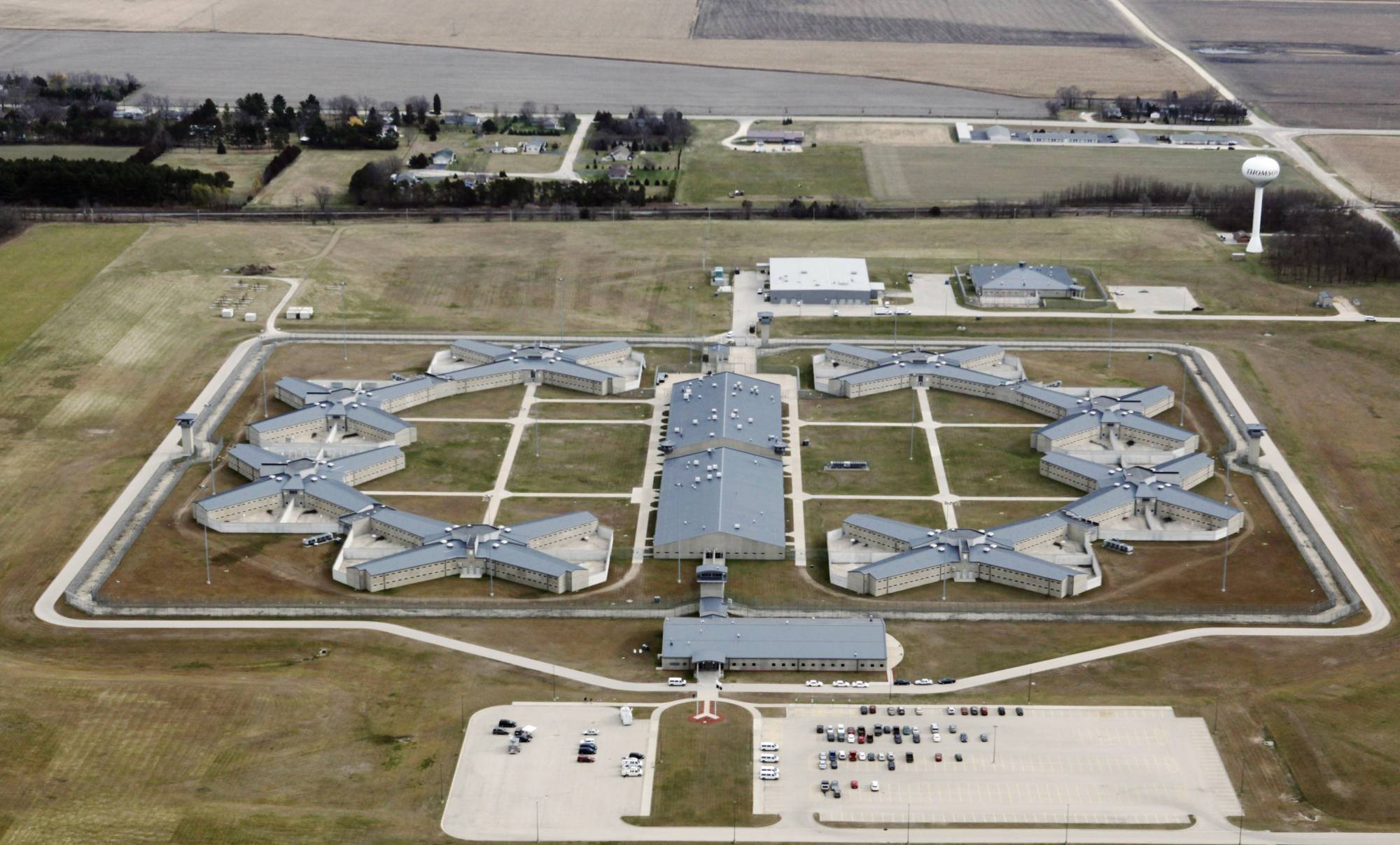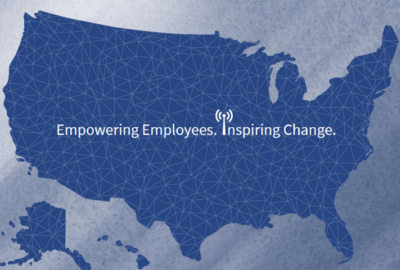Thousands of vendors fail to comply with ban on Chinese telecommunications equipment
In today's Federal Newscast: Some 6,000 vendors fail to comply with the ban on Chinese telecommunications equipment. A tiny agency has cleared it's backlog of...
- The Labor Department has broken out its "Legos" to fix state unemployment insurance systems. The Labor Department's new open unemployment insurance (open UI initiative) is based on modular system development that is more flexible and resilient, while also driving efficiencies in software development and acquisition. This is the next step in DoL's May 2023 strategy to modernize state UI systems. During the pandemic, state government systems struggled to pay unemployment insurance claims and faced an improper payment rate of over more than 19% in 2021 and 2022. The goal of the open UI initiative is to support the creation of software that is made available to others for reuse and modification. In 2024, the UI IT support center will establish a technical advisory group to provide guidance and input on the development of the Open UI framework and help the support center define the core modules and interoperability standards.(Labor Dept. makes software reuse easier for states - Labor Department)
- For the Office of Personnel Management, even more plans to reform hiring may lie ahead in 2024. OPM has plans, for example, to increase the use of pooled hiring for agencies, and finalize some workforce protections. But some are concerned that time is running short to carry out many of the Biden administration’s ideas. There has been progress, for example, on tracking hiring-related data more effectively. But at the same time, hiring manager satisfaction has been trending downward since 2021. Leaders at OPM have said in the new year, they will look to scale up and rethink federal hiring strategies.(Heading into 2024, OPM ‘fundamentally rethinking’ federal hiring - Federal News Network)
- Special trial counsel offices are now fully operational, marking a turning point in how sexual assault cases and other serious crimes are handled in the military. A new organization known as Offices of Special Trial Counsel will be in charge of investigating and prosecuting sexual assault cases, removing the chain of command from the process. Covered offenses will also include stalking, domestic violence, kidnapping and murder. President Joe Biden signed an executive order earlier this year, officially implementing legislative changes to the Uniform Code of Military Justice. Defense Secretary Lloyd Austin said that this is a landmark change to the military justice system that will strengthen the independent prosecution of serious crimes in the military.(Special victims units will begin prosecuting sexual assault cases in the military - Federal News Network)
- Cybersecurity experts looking for a new challenge, get your resumes ready. The Marines Corps is looking for a new chief information security officer. As CISO and assistant director for information command, control, communications and computers or IC4, the person would define and prioritize Marine Corps operational requirements for the C4, IT, cybersecurity and warfighting systems functions. The CISO also would conduct continuing assessments of C4 and IT programs and operations. Applications for the job are due by January 18.(Marines Corps to hire a new CISO - USAJOBS.gov)
- A tiny agency completed a big project just before the 2023 hourglass empties. The Chemical Safety and Hazard Investigation Board cleared its backlog of incident reports, all 17 of them, as of this past Tuesday. Chairman Steve Owens said some reports had been pending since 2016 and their original investigators had left the agency. Owens credits an effort to simplify agency procedures with enabling staff to clear the backlog and to feel more engaged. The Board, with 40 employees, had a 29% jump in employee engagement scores just published.(Chemical Safety and Hazard Investigation Board clears backlog - The Federal Drive with Tom Temin)
- Federal employees' engagement and satisfaction trended upward over the past year, but some agencies are faring even better than average. The Department of Health and Human Services scored the highest of all “very large” agencies across the board on the Federal Employee Viewpoint Survey. HHS received high scores from employees for engagement, satisfaction, confidence and experience, as well as diversity, equity, inclusion and accessibility. The department scored 78% for employee engagement, six points above the governmentwide average.(Importance of meeting customer needs, agency mission earn high scores in 2023 FEVS - Federal News Network)
- More than 6,000 vendors failed to comply with the requirement not to use telecommunications equipment made by specific Chinese companies like ZTE and Huawei. The Federal Acquisition Regulations Council said these companies needed two hours each to answer 16 questions explaining why and how they are mitigating any risks. To that end, the FAR Council wants to renew that information collection requirement. The council is seeking comments on the burden of filling out this questionnaire and wants to extend the information collection through April 2027. Comments are due by February 26.(FAR Council seeks to renew Federal Supply Chain information collection requirements - Federal Register)
Copyright © 2025 Federal News Network. All rights reserved. This website is not intended for users located within the European Economic Area.
Peter Musurlian
Peter Musurlian is a producer at Federal News Network.
Follow @PMusurlianWFED






